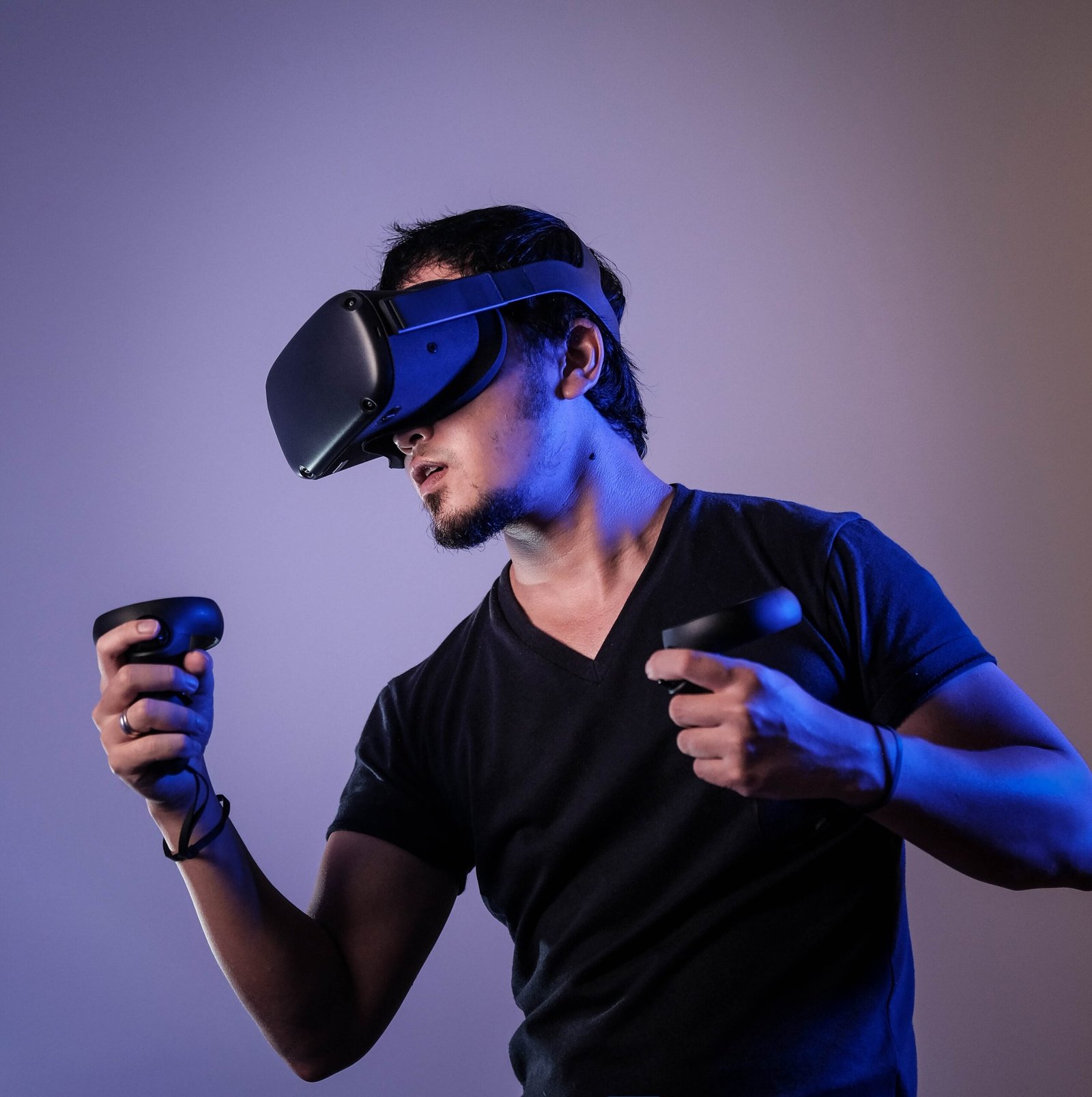Introduction
Virtual Reality (VR) has emerged as a groundbreaking technology that continues to push the boundaries of human experiences. From immersive gaming worlds to realistic simulations, VR has revolutionized the way we interact with digital content. However, recent studies have uncovered an intriguing aspect of VR that goes beyond its visual appeal – its profound impact on suggestible individuals.
Researchers have found that suggestible people feel more ‘present’ in virtual reality, leading to heightened levels of engagement and immersion in the virtual environment. This newfound understanding opens up a plethora of opportunities for industries ranging from therapy and education to marketing and entertainment.
The Power of Presence in VR
One of the defining features of VR is its ability to transport users to fully immersive digital worlds. By wearing a headset and engaging with a virtual environment, users can experience a sense of presence – the feeling of ‘being there’ in the virtual world.
For suggestible individuals, this feeling of presence is intensified. Their susceptibility to subtle suggestions and cues makes them highly receptive to the virtual environment, heightening their overall experience. This heightened sense of presence can enhance the effectiveness of therapeutic interventions, educational simulations, and even marketing strategies.
Enhancing Therapeutic Interventions
Virtual Reality has shown tremendous potential as a tool for psychological therapy. By creating a safe and controlled virtual environment, therapists can expose patients to situations that help them confront and overcome their fears and anxieties. For suggestible individuals, the sense of presence amplifies the effectiveness of exposure therapy, allowing them to more deeply engage with the virtual scenarios and accelerate their progress.
Moreover, suggestibility can also enhance the impact of guided imagery and visualization techniques in therapy. Suggestible individuals are more likely to respond positively to therapeutic suggestions, leading to better outcomes in areas such as pain management, anxiety reduction, and phobia treatment.
Revolutionizing Education
The educational potential of VR is immense, and suggestible individuals can benefit greatly from this technology. Virtual reality simulations can provide a more engaging and interactive learning experience, allowing students to explore subjects in a way that traditional classroom methods cannot match.
Furthermore, suggestible individuals’ heightened sense of presence in VR can improve knowledge retention and information recall. By immersing themselves in virtual environments that recreate historical events, scientific phenomena, or cultural experiences, these individuals can absorb information more effectively, leading to a deeper understanding and appreciation of the subject matter.
Conclusion
The study’s findings regarding the impact of suggestibility on presence in virtual reality shed light on the powerful connection between the human mind and immersive digital experiences. Harnessing this knowledge can lead to groundbreaking innovations in therapy, education, marketing, and beyond. As VR technology continues to evolve, it is crucial to explore the possibilities it offers for those who are suggestible, ultimately unlocking new ways to engage with and improve the lives of individuals around the world.


